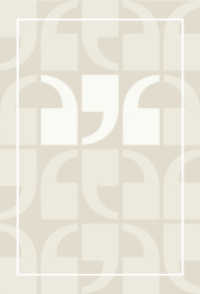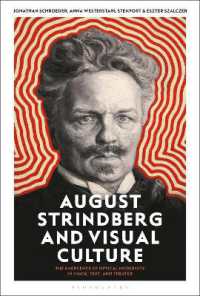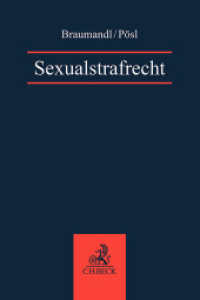- ホーム
- > 洋書
- > ドイツ書
- > Humanities, Arts & Music
- > Music
Description
(Text)
A specific model of opera libretto without music in Dubrovnik during the 17th and 18th centuryNowhere in Europe the Italian opera libretto has had such a direct and decisive influence on original national drama production as it did in Dubrovnik during the 17th and 18th century. In the "Golden Age of Croatian Literature", a hybrid drama genre was created. For more than a century, authors of this genre looked attentively at the most important trends of Italian opera production and followed them faithfully. In Croatian literature of the 17th and 18th century, a specific model of libretti without music was created, one that appropriated the Italian libretto. These plays were not performed along with functional music, although sometimes authors and actors would provide instrumental accompaniment to the texts. Nothing more needs to be said for the dissemination and specific reception of Italian opera librettos in Dubrovnik during the 17th and 18th century to be understood as occupying a noteworthy place in the cultural life of Europe.
(Table of content)
Viktoria Franic Tomic, Slobodan Prosperov NovakTHE PECULIARITY OF THE CROATIAN RECEPTION OF DRAMATIC MUSIC IN THE 17th AND 18th CENTURY1. The Croatian Contribution to the Late RenaissanceTheory of Dramatic Music from Franjo Petric(Francesco Patrizi) to Pasko Primovic and Ivan Gundulic2. Croatian Baroque Libretto-Based Drama: the Junije Palmotic Era3. The dramatists Vice Pucic, Sisko Gundulic,Ivan Gucetic Jr., Jaketa Palmotic and the historianof the Venetian libretto Kristoforo Ivanovic4. Vucistrah by Petar Kanavelic, the centrallibretto-inspired drama of the second half of the 17th century5. Antun Gledevic and Ivan Sisko Gundulic, followersof reform in the libretto from the time of Apostolo Zeno6. Pietro Metastasio and the last phaseof libretto-inspired drama in Dubrovnik Ennio StipcevicOPERA LIBRETTO WITHOUT MUSIC1. The Renaissance heritage in Baroque theatre and music2. The earliest Mantuan and Florentine libretti in Croatian translations3. Venetian libretto writing and stage illusionism4. Operatic reform in Croatian tragicomedy and music5. Libretti without music6. EpilogueBibliographyIndex
(Author portrait)
Slobodan Prosperov Novak taught at the Faculty of Humanities and Social Sciences in Zagreb, at Sapienza University in Rome and at Yale University, and today is a professor at the Academy of Dramatic Art in Zagreb. He is the author of more than 30 books; his most important one is History of Croatian Literature (1996-99).Viktoria Franic Tomic taught at the Faculty of Humanities and Social Sciences in Split, at the Academy of Art in Split, and is now professor at the Croatian Studies Centre, University of Zagreb. She is the author of several books, mostly about ancient Croatian Literature, and Dubrovnik cultural history.Ennio Stipcevic is a research fellow and science adviser at the Croatian Academy of Sciences and Arts. He was also a lecturer at the Zagreb Academy of Music (1994-2015). He spent the academic year of 1996/97 as a Fulbright visiting scholar at Yale University and is the author of 15 books, including Renaissance Music and Culture in Croatia (2016).

![Abstract Language Games : Narrating Neurodivergence and Conceptualizing Identity (Interdisciplinary Linguistics [INTLING] 7) (2025. 300 S. 17 col. ill., 9 b/w tbl. 230 mm)](../images/goods/ar/work/imgdatak/31114/3111477193.jpg)






